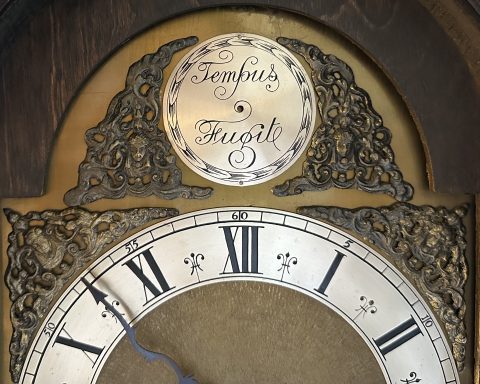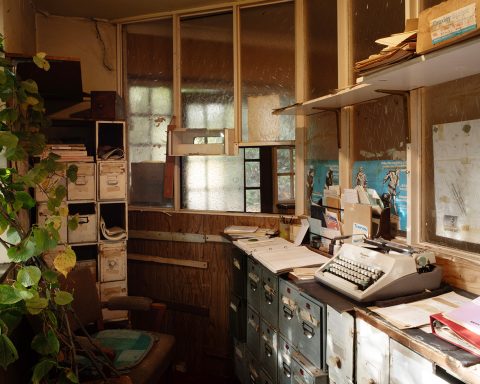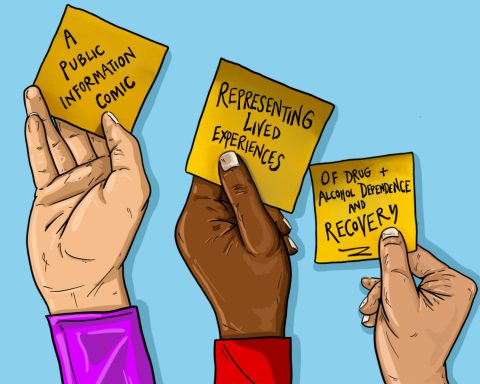 Elinor Gunning is an academic GP and UCL Clinical Teaching Fellow (@EJGun)
Elinor Gunning is an academic GP and UCL Clinical Teaching Fellow (@EJGun)
“So, in the future, can we just replace GPs with a diagnostic robot?”
Is it just me, or do other GPs hear this question a lot? Often it’s more commonly phrased ‘who needs a GP when you’ve got Google’, but the replacement of doctors with computer programs seems to be a recurring theme when discussing the technological future of medicine.
[bctt tweet=”BJGP Blog: Who needs a GP when you’ve got Google?”]
Most recently I heard this question posed during a Q&A session for ‘The Day Before Tomorrow’, a documentary exploring the impact of technological developments on health care. Part of the documentary addresses what is referred to as ‘quantified self’, a new movement which proposes that self-tracking our personal health data can improve our health. As a society we are suddenly generating an awful lot of health related data – industries have realised that consumers enjoy self- monitoring, and this has led to an explosion of devices and apps which record information such as heart rate, activity, weight and even mood. Perhaps these devices will become so advanced, it was argued, that one day they would interpret the data and diagnose us too – so who needs primary care?
This economic convergence of healthcare and technology is certainly generating a lot of money, but is it just a fad or can it benefit patients? As I sat in the audience, surrounded by representatives of private healthcare providers with dollar signs in their eyes, I wondered whether simply measuring these indicators can actually make us healthier? Where is the evidence that if I record my mood, activity and heart rate I will become happier, fitter and live longer? If an app told me each day that I wasn’t walking far enough, would this ultimately motivate me to change, or would I just turn my phone off? Can novel digital feedback ever be as effective as a consultation with a doctor who can ask me why I am less active and perhaps discover that I am depressed?
I have no doubt that with more research this vast amount of monitoring data will lead to improved diagnostics, chronic disease management and preventative medicine. But medicine needs the ‘art’ as well as the ‘science’, and that means human involvement. Robots may be cheaper, but we need doctors too, doctors who can empathise with our lives, listen to our worries, and, most crucially, don’t have an off-switch when they tell us what we want to ignore.







“doctors who can empathise with our lives, listen to our worries, and, most crucially, don’t have an off-switch when they tell us what we want to ignore.” A bit like Dr John Sassall!
Yes, very much so. They hang together quite well these two posts – certainly some convergence but I’m not sure just how much capacity the future NHS (or current perhaps) has to embrace empathy as an outcome. Though, it is perhaps what most patients would really want.